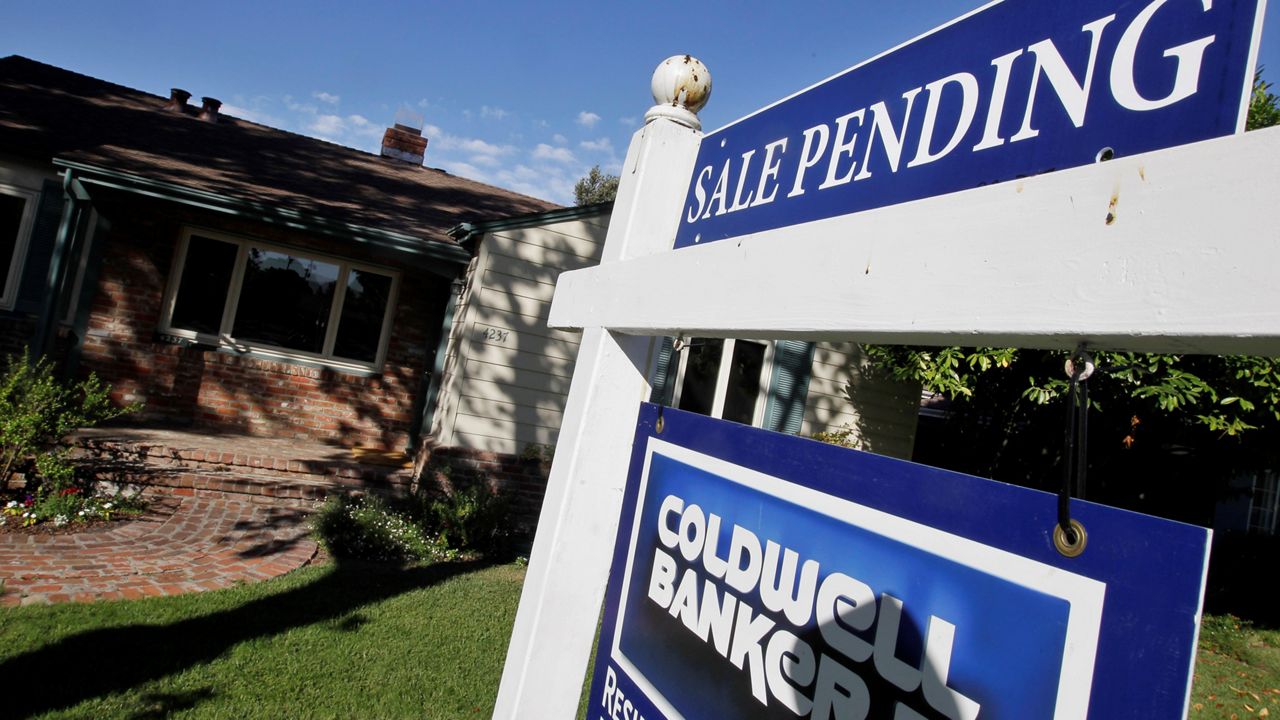Soaring inflation costs have led to New York's cap on property tax increases to be set at its upper most limit of 2%, state Comptroller Tom DiNapoli's office on Wednesday announced.
New York sets its property tax limit to the rate of inflation or at 2%, whichever is lower. This is the fourth time since 2019 that municipal governments had their tax levy growth set at that amount.
The development comes as boosted federal aid in the wake of the COVID-19 pandemic for local governments is set to end.
"Allowable tax levy growth will be limited to two percent for a second consecutive year," DiNapoli said. “Just as local governments are receiving their final round of federal funding under the American Rescue Plan Act, they are facing economic challenges that will likely drive costs higher than expected or planned, making it harder to adhere to the tax cap as they prepare their budgets for 2023.”
The 2% limit will affect tax calculations for counties, towns, fire districts, 44 cities and 13 villages that have fiscal years aligned with the calendar. The cap does not apply to the state's largest municipality, New York City.
This year's inflation factor has been calculated at 7.17% and more than half of the state's county and town governments, as well as cities and villages that set their budgets on the calendar could have costs that exceed the amount of pandemic aid they are set to receive.
New York's tax cap has been in place for the last 10 years as a mechanism to limit growth in the highest property taxes in the country.


